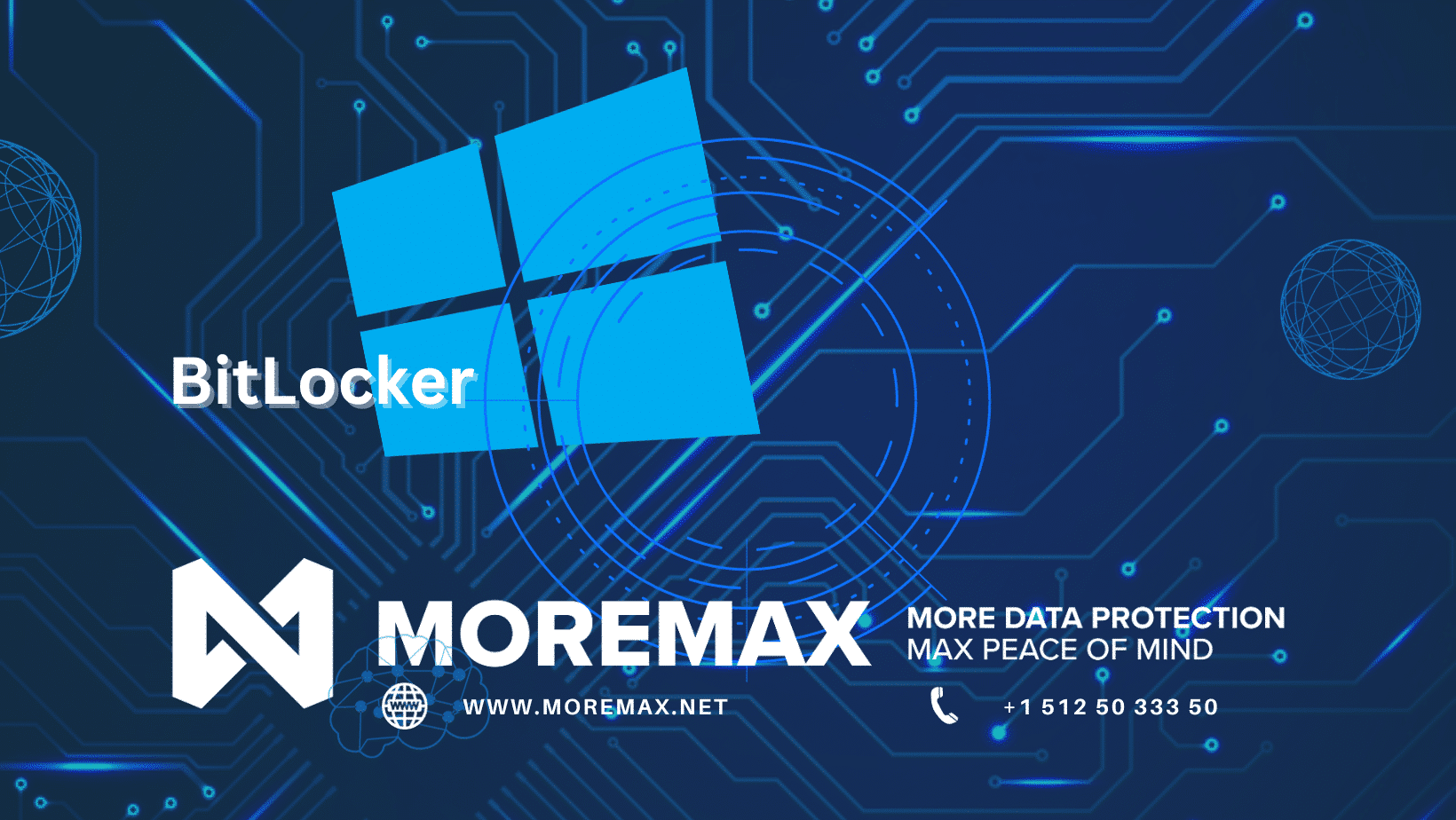
Where sensitive information is transmitted and stored electronically, the need for robust security measures has never been greater. Encryption, a critical tool in the world of cybersecurity, plays a pivotal role in safeguarding our data from prying eyes. Let’s explore what encryption is, why it’s essential, and when it’s necessary to have it on your computer.
What is Encryption?
Encryption is the process of converting data or information into a coded form, known as ciphertext, to protect it from unauthorized access. In essence, “locking your data”. This transformation is achieved by using mathematical algorithms and encryption keys, which are like secret codes. Only individuals or systems possessing the correct decryption key can revert the ciphertext back into its original, readable form, known as plaintext. In layman’s terms: if your laptop gets stolen and you have sensitive data on it, and it isn’t encrypted or have a Windows encryption feature (example: BitLocker) installed, the person that has your computer, will have access to your computer. BitLocker is a disk encryption feature on Windows Pro and/or Enterprise and just needs to be installed and activated.
Why is Encryption Important?
- Confidentiality: One of the primary reasons encryption is crucial is to maintain confidentiality. Whether it’s your personal messages, financial records, or sensitive business data, encryption ensures that only those with the right keys can access and understand the information.
- Data Security: Encryption provides a strong defense against data breaches. It ensures that even if an attacker gains access to your files or communication, they won’t be able to make sense of the data without the decryption key. This protects your information from theft or tampering.
- Privacy Protection: Encryption plays a vital role in safeguarding your privacy. It prevents unauthorized parties, including hackers and government surveillance, from intercepting and deciphering your personal conversations, online activities, and sensitive documents.
- Authentication: Encryption can also be used to verify the authenticity of a message or the source of data. By encrypting data with your private key, you can ensure that it hasn’t been altered during transmission, thus confirming its integrity.
When is Encryption Necessary on Your Computer?
- Online Communication: Whenever you send sensitive information over the internet, such as emails, instant messages, or online banking transactions, encryption is crucial. Secure protocols like SSL/TLS ensure your data remains confidential and protected.
- File Storage: If you store sensitive documents, images, or any valuable data on your computer, using encryption is a wise choice. This way, even if someone gains physical access to your device, they won’t be able to access your data without the decryption key.
- Mobile Devices: Encrypting your smartphone or tablet is essential. Mobile devices often contain a wealth of personal information, from photos to emails, making them a prime target for thieves and hackers.
- Secure Browsing: To maintain your privacy while browsing the web, consider using a Virtual Private Network (VPN) that encrypts your internet connection, ensuring your online activities are shielded from eavesdroppers.
Implementing encryption on your computer and other digital devices is not just a precaution; it’s one of the fundamental steps to take, in order to protect your privacy, security, and peace of mind in the digital realm. By understanding the significance of encryption and when to apply it, you take a significant step towards enhancing your digital security.


